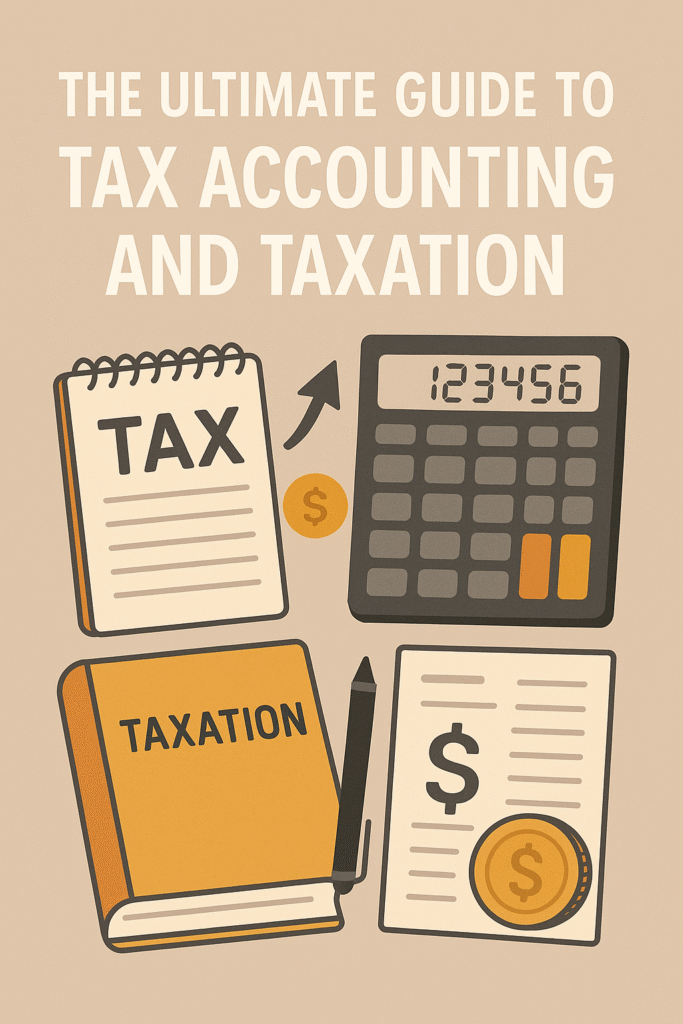Governed by the Internal Revenue Code, tax accounting monitors the inflow and outflow of money. It is used to calculate the appropriate taxes and prepare tax documents on time for the filing season.
GAAP: Principles of Tax Accounting versus Financial Accounting
In the United States, there are two categories of accounting standards: financial accounting principles, usually referred to as generally accepted accounting principles (GAAP), and the rules.
Companies that are producing financial statements must follow a uniform set of accounting rules, standards, and practices in accordance with GAAP by accounting for all financial events. Balance sheet items can be dealt with differently while producing tax obligations and financial statements. For financial reporting, a corporation may employ the first-in-first-out (FIFO) method to account for its inventory; however, it may also use the last-in-first-out (LIFO) approach for tax reasons.
Though it covers every financial transaction to some degree, taxation accounting focuses only on those that affect a corporation’s tax liability and on how those transactions pertain to correct tax calculation and return creation. To guarantee that accounting tax experts and individual taxpayers adhere to all pertinent tax laws, the Internal Revenue Service (IRS) controls tax accounting. Consistent with legal standards, the IRS also demands that tax information be submitted accurately on specified papers and forms.
Personal Income Tax Accounting
It is for an individual taxpayer’s limited to things that affect the taxpayer’s tax burden, including income, permitted deductions, investment profits or losses, and other activities. General accounting would include the tracking of all money entering and leaving the individual’s control, irrespective of cause, including personal costs without tax consequences.
Commercial Tax Accounting
As part of the tax accounting process from a commercial perspective, more information has to be examined. Although the income, or incoming funds, of the corporation must be observed just as an individual’s would, there is an additional degree of difficulty regarding any outbound payments made toward particular business responsibilities. This could include specific business expenses in addition to money given to shareholders.
Even though it is not needed, still, a lot of big companies tend to employ a tax accountant for the task of accounting and taxes because of the intricacy of the records which is involved.
Tax Accounting for Tax-Exempt Organizations
Even a tax-free corporation is required to do accounting because most companies must file annual returns. Any arriving money, such as grants or gifts, as well as how it is used throughout the activities of the institution, must be detailed by them. This helps to guarantee that the company adheres to all applicable rules and regulations concerning the proper management of a tax-exempt organization.
It is a useful tool for companies to understand accounts and taxation, and also to understand their tax responsibilities, avoid penalties, and get familiar with a set of accounting practices. Both individuals as well as companies are required to engage in accounting so that they can efficiently declare their income and pay the taxes correctly, along with avoiding the IRS audits or penalties.
Visit us: accountinglads.com










